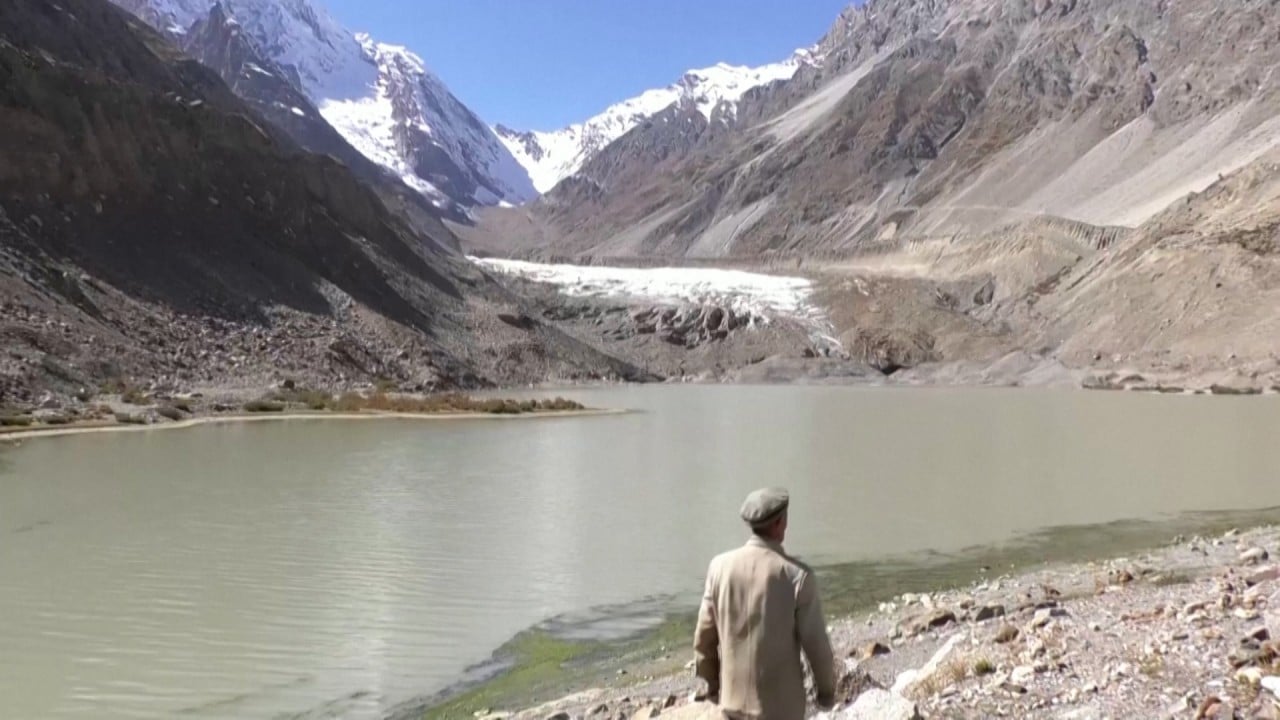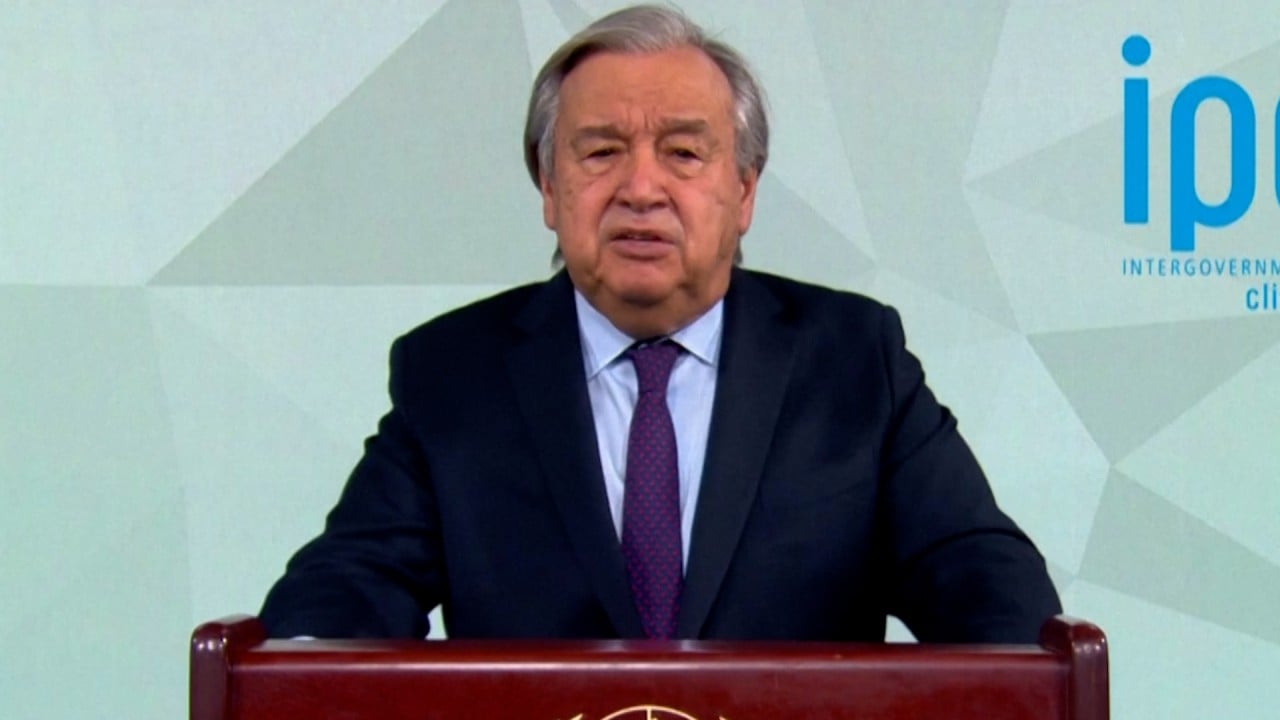Another recent ICIMOD study confirms that the region is experiencing unprecedented, and possibly irreversible, changes. Glaciers are melting at an alarming rate, and based on current projections, scientists predict that two-thirds could be gone by the end of the century. For example, the 79 glaciers surrounding Mount Everest have thinned by more than 100 meters in just 60 years, and the rate of thinning has almost doubled since 2009.
Regional cooperation is essential to address this crisis. Natural disasters caused by climate change are increasing in frequency and intensity, disproportionately affecting those living in poverty and deprivation. National borders cannot protect the Hindu Kush Himalayan countries from these disasters, wherever they occur.
Additionally, the spread of water- and air-borne diseases often occurs after natural disasters such as floods or extended periods of warm weather.
South Asian countries have already made efforts to come up with a common position on climate change at the United Nations Climate Change Conference COP16 in 2010. The South Asian Association for Regional Cooperation (SAARC) member states adopted an Action Plan on Climate Change, listing several measures to address the challenge. Despite this initial commitment, many of the agreed measures remain to be implemented.
However, initiatives such as the Adaptation Research Centres and Regional Innovation Networks demonstrate a willingness to tackle common challenges. Reinvigorating this spirit of collaboration is more important than ever.
Net zero is therefore a balance sheet concept that hides the uncertainty, even impossibility, of climate action. The largest natural carbon sinks are forests and oceans, both of which are being destroyed by rampant deforestation and waste dumping.
Political boundaries, territorial disputes and mutual distrust hinder regional cooperation, and national security concerns often limit the sharing of critical data on water disasters and glacier outbursts, but sharing this data could save lives and strengthen regional cooperation.
Leaders and citizens must recognize that while the impacts of the environmental crisis will far outweigh many of the divisive issues currently vying for our attention, regional cooperation can yield significant environmental and economic benefits.
The region’s environmental challenges call for an urgent call for regional cooperation. By working together, sharing knowledge, and empowering institutions such as ICIMOD, countries can address climate change, protect our shared natural assets, and ensure a sustainable future for all. Adopting a unified approach to these transboundary issues is not only beneficial, it is essential for the region’s survival and prosperity.
Shyam Saran served as India’s External Affairs Minister from 2004 to 2006 and as the Prime Minister’s Special Envoy and Chief Negotiator on Climate Change from 2007 to 2010. From 2013 to 2015, he served as Chairman of India’s National Security Advisory Board under the National Security Council.



